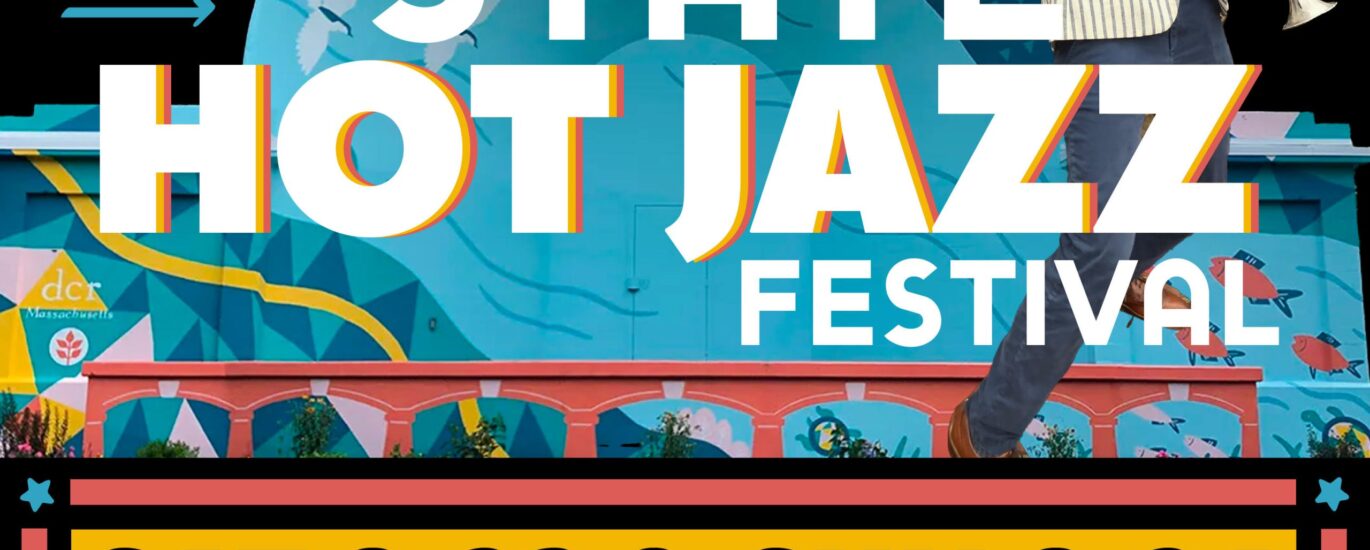Welcome to the story of Dixieland Jazz, the vibrant and soulful music style that took root right here in New Orleans, a city that has long been a melting pot of cultures and sounds. As you stroll through the streets, imagine the lively tunes that once echoed through the air—a blend of African rhythms, European harmonies, and the spirit of improvisation. It’s a sound that would come to define not just a city, but an era.
Our journey begins in the early 20th century, a time when New Orleans was bustling with a mix of French, Spanish, Creole, and African American influences. This cultural fusion set the stage for a musical revolution. In the heart of this vibrant city, jazz was born, and it was Dixieland Jazz that would lead the charge. Known for its upbeat tempos, collective improvisation, and lively rhythms, Dixieland was the soundtrack of New Orleans.
Among the pioneers who shaped this genre was the legendary Louis Armstrong. Born in 1901 in the city’s Back o’ Town neighborhood, Armstrong’s trumpet playing and charismatic voice would go on to captivate audiences worldwide. As you walk these streets, picture a young Armstrong honing his craft, absorbing the sounds of his surroundings, and infusing them into his music.
But Armstrong was not alone. The city was teeming with talented musicians, each contributing to the evolving soundscape. Just a stone’s throw away from here, in the vibrant Storyville district, you could find bands like the Original Dixieland Jass Band, whose recordings in 1917 would be the first to bring jazz to a wider audience.
As the music grew in popularity, so did New Orleans’ reputation as the birthplace of jazz. Tourists flocked to the city, eager to experience the lively music scene. The essence of Dixieland Jazz—its improvisation, its spirit of collaboration—embodied the very essence of New Orleans itself, a city that thrived on diversity and creativity.
Over the decades, Dixieland Jazz has evolved, influencing countless genres and musicians. Yet, its roots remain firmly planted in New Orleans. Today, the city continues to celebrate its musical heritage, with festivals, clubs, and street performances keeping the spirit of Dixieland alive.
As you finish your journey through the history of Dixieland Jazz, remember that this music is more than just notes on a page. It’s a living testament to the creativity and resilience of the people who call New Orleans home. So, take a moment to listen to the echoes of the past and let the music guide your way.





